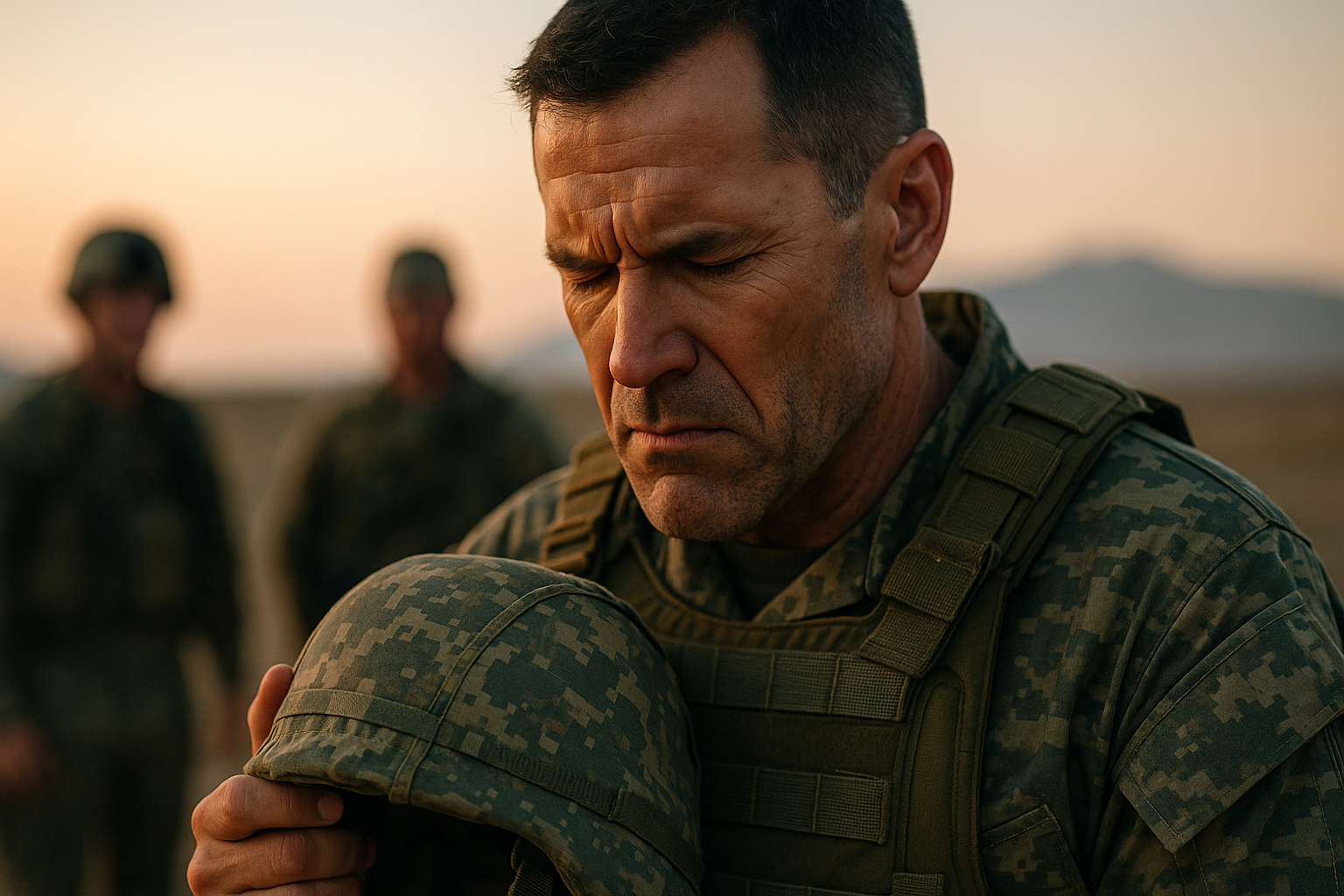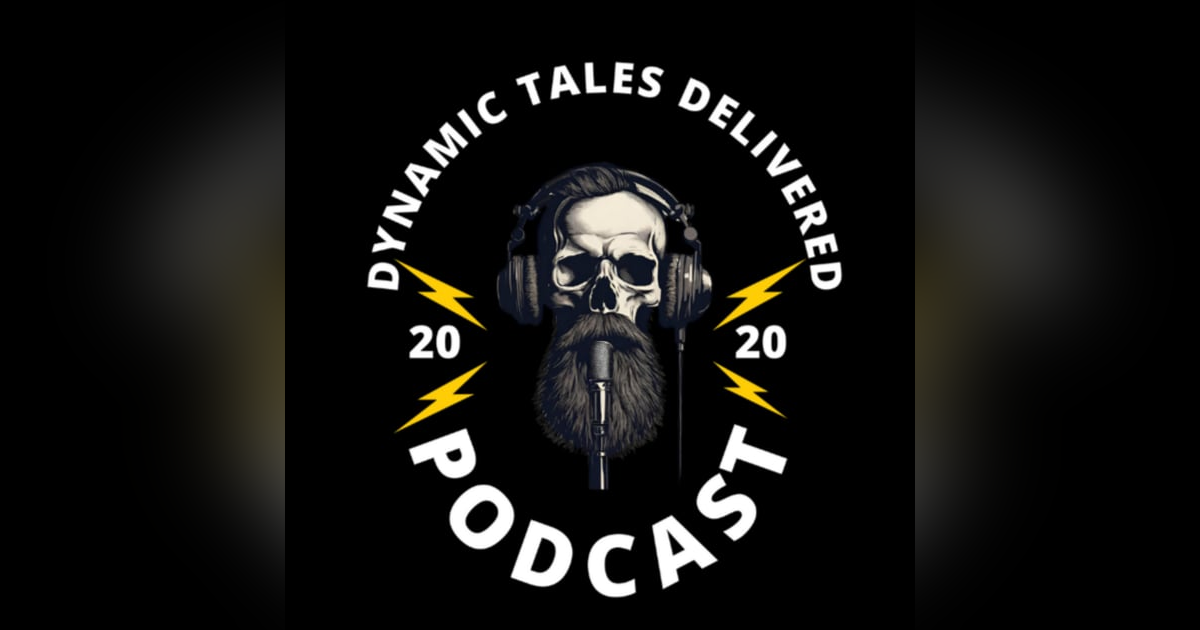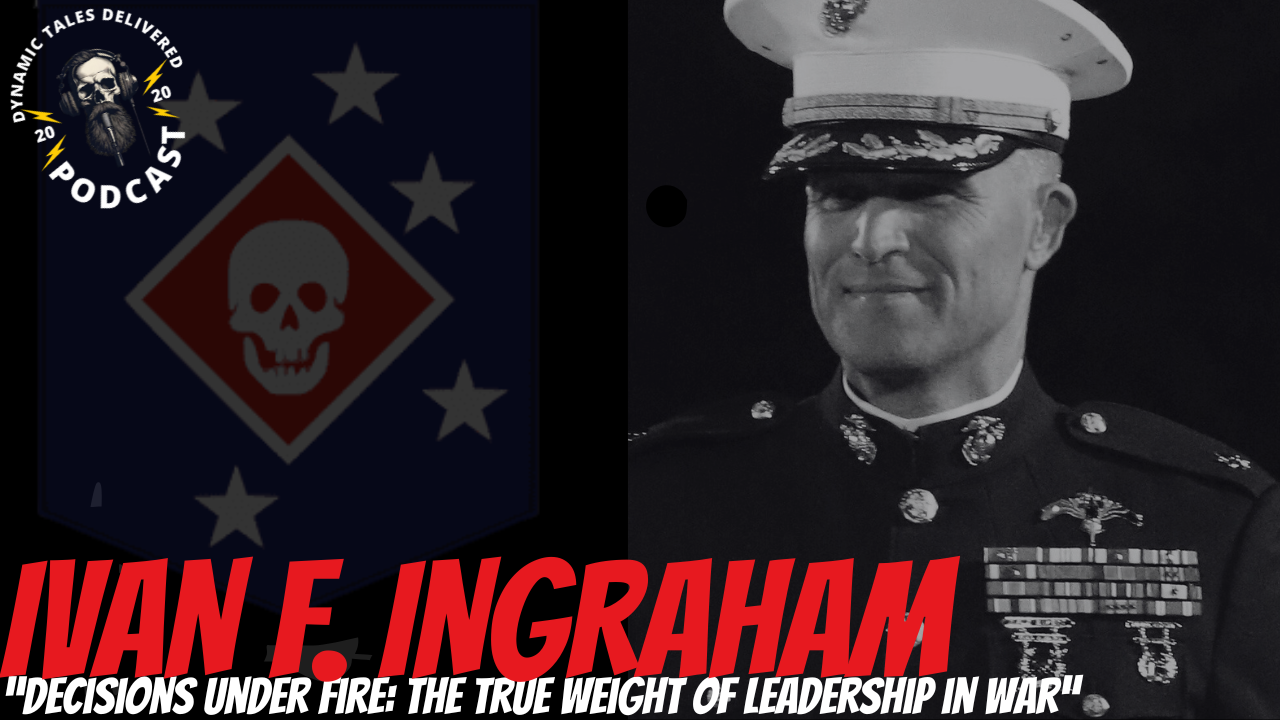Bearing the Weight of Loss in Combat

In the chaos of war, moments arise that etch themselves permanently into memory, reshaping not only the course of a mission but the very essence of leadership. For Marine Raider Ivan F. Ingraham, that moment came with the death of Navy Corpsman Luke Mylon, a seasoned and respected member of his unit.
Ingraham recalls the day with raw honesty. During a protracted firefight in Afghanistan, Mylon moved from stabilizing wounded Marines to manning a machine gun on his vehicle. When the vehicle was struck by a rocket, Mylon was killed instantly, and several others were wounded. The loss was not just another casualty of war—it was the death of a trusted brother-in-arms, a man whose experience and heroism had been a bedrock for the team.
As a leader, Ingraham faced the crushing dual burden of grief and responsibility. The mission could not stop. There was no time for pause, no moment to gather and mourn. Even as the reality sank in, he had to press forward, making tactical decisions while silently reconciling how he would later face Mylon’s family.
The central theme of his reflection is the sobering weight of command under unimaginable pressure. Ingraham emphasizes that leadership in combat is not only about directing troops in battle but also about carrying the invisible weight of loss, responsibility, and humanity. The experience, devastating as it was, forged in him a deeper understanding of what it truly means to lead—balancing the relentless demands of war with the enduring bonds of loyalty and sacrifice.
In his words: “I think I learned to lead that day.”











